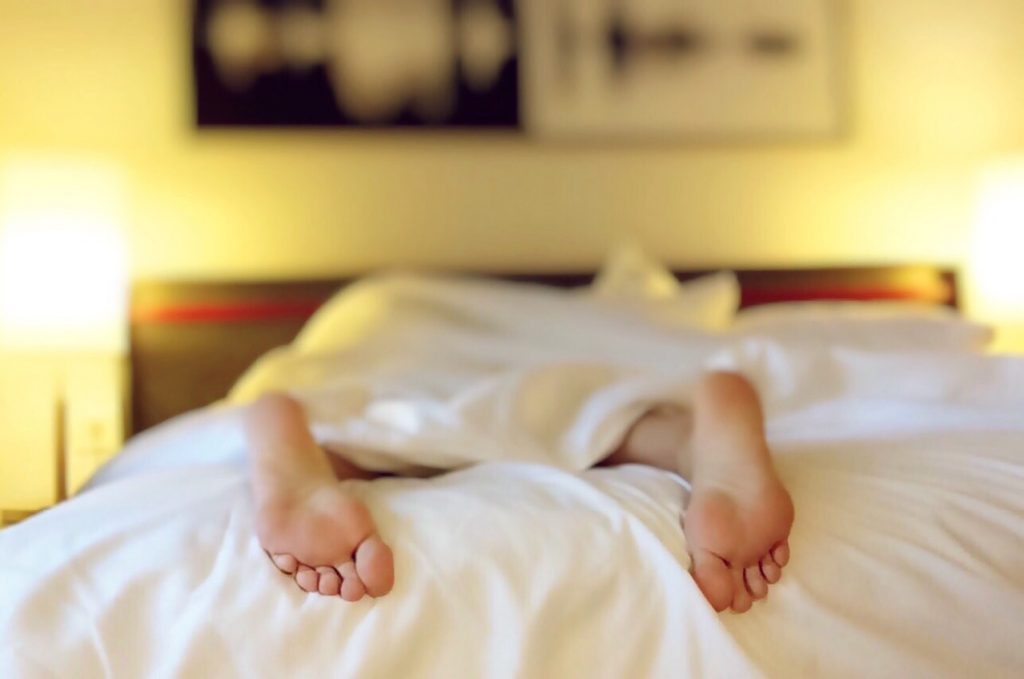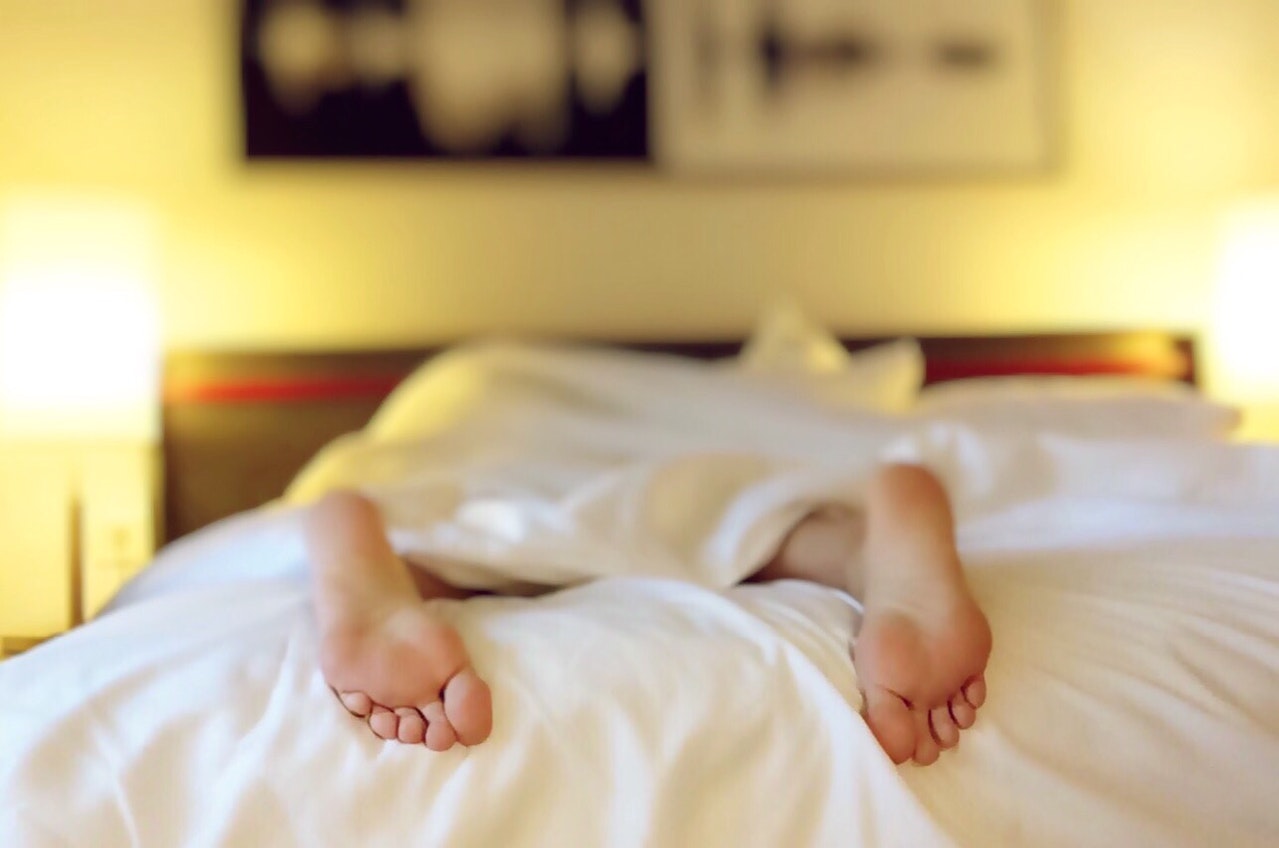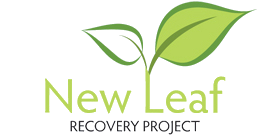The Connection Between Sleep and Addiction Recovery

When looking after your mental and physical health, many people underestimate the importance of sleep. This is just as true when moving forward in your addiction recovery. These two issues are no doubt inextricably linked, with those who suffer from substance use disorders up to 10 times more likely to also struggle with a sleep disorder, according to research from Penn State University. Getting enough sleep each night is a vitally important step in overcoming addiction, maintaining your recovery, and improving your quality of life.

The Dangers of Not Getting Enough Sleep
But why is it important to get enough sleep? There are actually a lot of disadvantages that come with being sleep deprived that can even be considered dangerous in specific circumstances. Sleep deprivation can cause issues with your health, whereas ensuring that your body consistently gets enough sleep can improve your health and aid your addiction recovery.
The dangers of not getting enough sleep include:
- High blood pressure
- Lowered immune system
- Higher stress levels
- Inability to control emotions
- Trouble concentrating
- Mood swings
- Depression or anxiety
- Impulsivity
- Suicide ideation
- Lowered immune system
- High blood sugar
How Sleep Affects Addiction Recovery
The relationship between sleep and addiction is much closer than most people think, being deeply intertwined. In fact, those recovering from alcohol addiction are twice as likely to experience relapse if they are not getting enough sleep, according to the National Institute of Drug Abuse. Not only does a substance addiction make sleeping troubles more likely, but sleep deprivation can also often contribute towards the events that lead someone to turn to a substance, eventually developing an addiction.
In particular, addiction can interfere with levels of GABA within the body, a neurotransmitter that helps your brain to rest and encourage sleep as well as directly impacting your circadian rhythms. Stimulant substances cause an individual to stay awake and depressants (also known as sedatives) can force sleep, creating a cycle of drug use to control or counteract your natural sleep schedule and all you to engage in your addiction.
Furthermore, those in addiction recovery are also more vulnerable to relapse when sleep deprived. This may be due to higher stress levels, increasing the need for a familiar coping mechanism, inability to control emotions, leading to an emotional relapse, and impulsivity, leading to a physical relapse, all of which are consequences of sleep deprivation. If you’re not thinking clearly risky behaviours like drug use or a relapse may become more likely.
As well as this, the feeling of sleep deprivation may be familiar and reminiscent of a period of time when an individual engaged in substance abuse or struggled with their addiction – making this feeling directly triggering for many. All in all, this can lead to a vicious cycle that can be extremely difficult to break, especially without support.
Benefits of Prioritising Sleep
There is a range of benefits that come with prioritise your sleep both within your addiction recovery and for more general self-care practices. An important part of your treatment process at a rehab facility will be developing healthy habits to help facilitate your addiction recovery. These habits are especially helpful once outside of the treatment centre, as these tools with be used as crucial alternatives to old habits within difficult situations. It’s vital that those in the addiction recovery process change their habits on every level to avoid falling into old patterns.
These healthy habits include developing good sleep hygiene to reduce the risk of poor sleep habits hindering your recovery journey. In addition, other self-care habits promoted within rehab will often be activities that help improve sleep, such as exercise, yoga, meditation, a healthy diet, relaxation, and speaking with a therapist. Prioritising self-care at every level and improving your sleep will improve your quality of life and also promotes long-term sobriety.
Improving Your Sleep Quality
There are several steps you can take to help improve your sleep quality and help your body develop a healthily sleep schedule. Consider the following tips:
- Set a schedule for sleeping/waking up – and stick to it
- Destress and relax before bed to get in the right mindset for sleep
- Don’t exercise close to bedtime, but do exercise daily
- Make your room a calming space
- Reduce light exposure before bed, especially blue light
- Avoid distractions during sleeping hours, consider an eye mask or ear plugs if necessary
- Take a bath or shower 1-1.5 hours before your set bedtime, this mimics a natural circadian rhythm that is functioning correctly
Reach Out for Support When Needed
Although improving your sleep hygiene and quality of sleep can positively affect addiction recovery, whether you or someone you know is struggling with addiction, sleep issues, or both, it is vital that they seek professional help and reach out for support. Contact New Leaf Recovery today to turn over a new leaf and get started on your recovery journey.
Receive a Free Call Back
"*" indicates required fields
Our Complete Recovery Journey - from your initial enquiry, all the way through treatment and beyond into ongoing support, New Leaf Recovery are there to guide and support you.
New Leaf offers a complete journey of treatment - from initial detoxification and rehabilitation to ongoing support, including aftercare, family support, and beyond into long-term recovery.
Getting the right accommodation enables us to provide the right backdrop for our recovery methods. Any form of rehabilitation needs to happen in a safe, comfortable, secure and friendly environment.
Receive a Free Call Back
"*" indicates required fields










